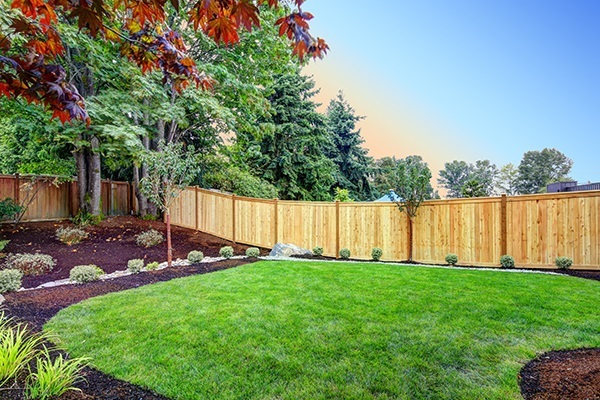A fence around your property can provide more than just a boundary. It adds security, privacy, and curb appeal. Whether you need to keep pets in the yard, ensure children’s safety, or simply enhance your home’s exterior, choosing the right fence is essential. A well-chosen residential fence will not only meet practical needs but also complement the aesthetic of your property.
Types of Fencing Materials to Consider
When selecting a fence for your home, the material plays a significant role in durability, maintenance, and appearance. Wood is a traditional favorite, offering a natural look and versatility. However, it requires regular maintenance to prevent rot and wear. Vinyl fences are low-maintenance and resistant to weather, but they might lack the warmth of wood. Wrought iron fences offer timeless elegance but can be costly and require occasional upkeep.
The Benefits of Aluminum Fence Installation
Aluminum fence installation is growing in popularity among homeowners looking for a long-lasting, low-maintenance solution. Aluminum fences are strong, lightweight, and resistant to rust, making them an ideal choice for areas with high humidity or near the coast. Unlike iron or steel, aluminum will not rust, ensuring that your fence maintains its aesthetic appeal for years. Professional aluminum fence installation are also available in various styles, from traditional to modern, making it easy to find an option that suits your home’s design. Furthermore, aluminum fences offer great security without being overly imposing.
Choosing the Right Residential Fence Installer

Selecting the right residential fence installer is crucial to ensuring a successful installation. Look for a professional with experience and a strong reputation in the industry. A qualified installer will not only provide expert advice on material choices but also ensure that the installation is done correctly, adhering to local building codes. It’s important to ask for references and review their portfolio of previous work. Checking online reviews or speaking to past clients will give you insight into the fence installer’s reliability and craftsmanship. A well-installed fence can add value to your property and improve security, so choosing a Residential fence installer is a key decision.
Factors to Consider When Installing a Fence
Before making your final decision on the perfect fence, consider several important factors. First, assess the purpose of the fence. Is it for privacy, security, or aesthetic enhancement? Next, take note of your local regulations. Certain areas have specific requirements regarding height and style. Additionally, think about your budget and the long-term costs of maintenance. Fences like aluminum are a higher initial investment but can save money over time due to their durability. Consider the climate and weather conditions in your region, as these will affect the longevity of your fence. Finally, plan for the installation process. A professional installer will help you navigate these considerations and ensure that the process goes smoothly.
Conclusion
Choosing the right fence for your residential property involves a combination of practical considerations and personal preferences. Whether you choose a durable and low-maintenance aluminum fence installation or another material, the key is to align the fence’s function with your needs. A professional residential fence installer can guide you through the process, ensuring that you select the right materials and install the fence with precision. With the right fence in place, your home will enjoy added security, privacy, and visual appeal.


